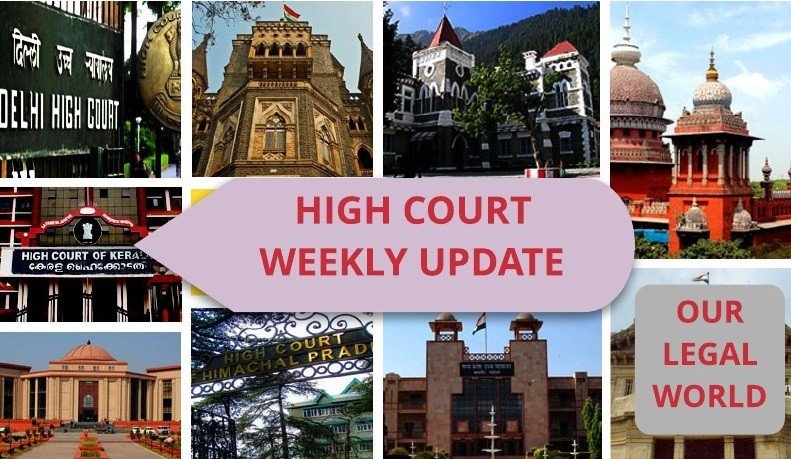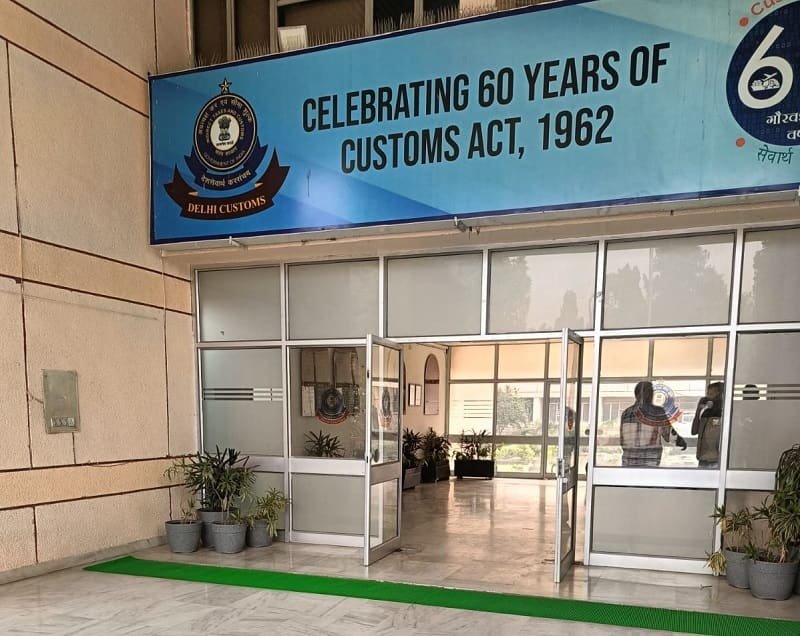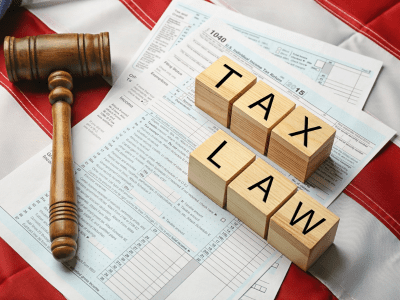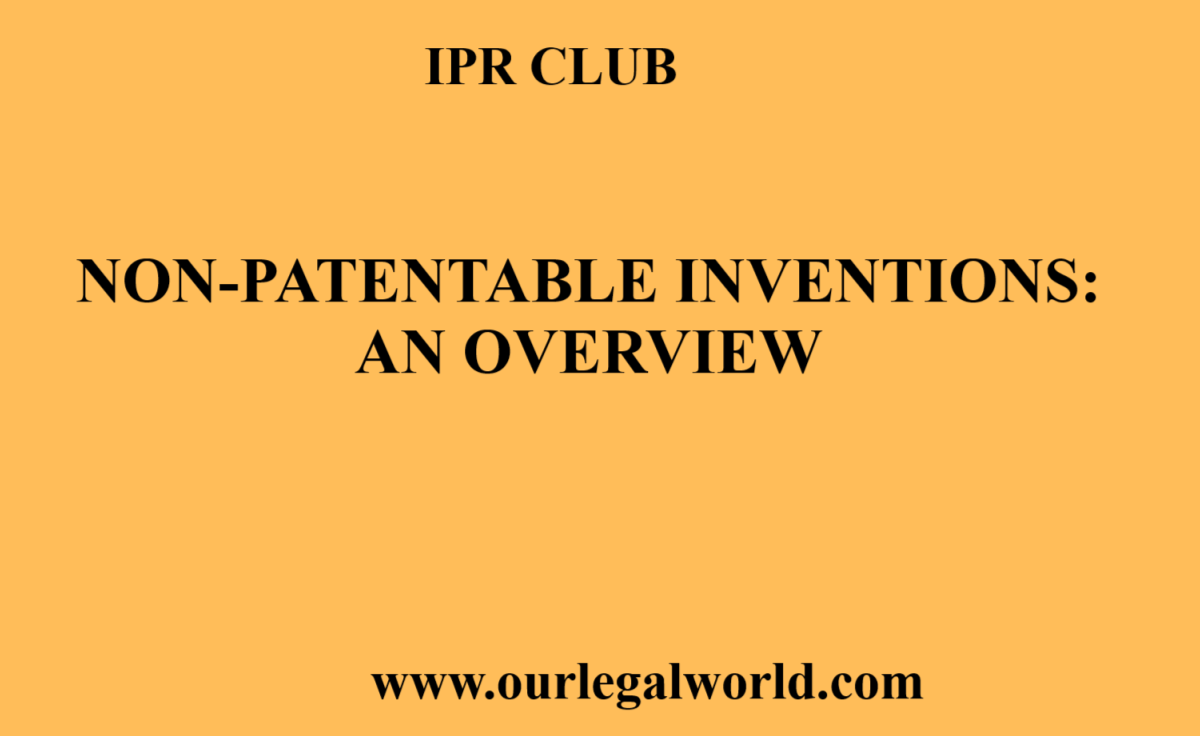Important Judgment of High Court March 2018
1. Union of India v. Asim Shariff [Karnataka High Court]
National Investigation Agency Act, 2008 – Ss. 6 (5) & 8 – Investigation of Scheduled Offences – ‘Doctrine of Separation of Powers’ & ‘Scope of Judicial Review’ – “Whether a Court can interfere with the Executive’s choice of Investigating Agency in Criminal Investigation?
2. Union of India v. Suchcha Singh [Madhya Pradesh High Court]
Narcotic Drugs & Psychotropic Substances Act, 1985 – Ss. 8, 18, 42, 53 & 57 – Serious doubt as to whether the contraband article was kept in safe custody and whether the same article which was seized, was sent to the Laboratory for chemical analysis, the benefit has to be given to the accused.
3. Abdul Rashid Bhat v. State [Jammu & Kashmir High Court]
Service Law – Merely that a case or cases have been registered against an employee by the Vigilance Organization cannot form the basis of retiring him compulsorily.
SC directs Political Parties 6 mandatory directions to end the criminalization of Indian politics
4. Akash Kumar v. State [Jammu & Kashmir High Court]
J&K Reservation Rules, 2005 – Rule 17 – NEET PG 2018 Selection – Since petitioners and other candidates, who applied pursuant to the Notification, were conscious about the rule position prevailing at that relevant period of time and on the basis thereof had applied thereto, as such, their cases are required to be governed by the un- amended Rule 17 of J&K Reservation Rules 2005 and the counselling, therefore, is required to be done on the basis of un- amended Rule 17.
(adsbygoogle = window.adsbygoogle || []).push({});
5. Abhay Kumar Katare v. State [Madhya Pradesh High Court]
Penal Code, 1860 – S. 306 – ‘Abetment’ – Involves a mental preparedness of a person to instigate or intentionally aiding a person in doing a thing. Without a positive act on the part of the accused to instigate or aid in committing suicide – no offence can be said to be made. The intention of the Legislature is that to convict a person under section 306 IPC, there has to be a clear mens rea and close proximate link to commit the offence. It also requires an active act or direct act which facilitating the act of commission of suicide by the deceased.
6. Om Prakash Sharma v. School Education Department [Madhya Pradesh High Court]
Service Law – Recovery – Since the employee has no option but to give undertaking so as to avail the benefit of pay-fixation, it cannot be said to be voluntary act thus, such undertaking cannot be made basis for sustaining the recovery.
7. E. Ramakrishnappa v. State [Karnataka High Court]
Service Law – Misconduct – Allotments of large area of land measuring 134 acres 18 guntas was made subject to obtaining ‘no objection’ from the Forest Department is a sufficient circumstance to show that the petitioner was recommending grant of lands either recklessly, negligently or for extraneous considerations.
8. Santosh Sharma v. State of Bihar [Patna High Court]
Penal Code, 1860 – S. 304B – Dowry Prohibition Act, 1961 – S. 4 – Dowry Death – It is duty of the prosecution to substantiate its case. So, it was incumbent upon the prosecution to have explained whether deceased committed suicide or it was a case of homicide.
9. Chief Engineer (PWD) R&B v. Ghulam Ahmad Sheikh [Jammu & Kashmir High Court]
J&K Legal Services Authorities Act 1997 – S. 18 (4) – In the instant case no reference has been made for placing the matter before the Lok Adalat nor has any Award been passed. The orders impugned have been passed after hearing the parties for the adjudication of the case and the Act does not contemplate or require any adjudicatory judicial determination but non adjudicatory determination based on compromise and settlement arrived by the parties.
10. K.B. Balakrishna Rai v. State Transport Authority [Karnataka High Court]
Road & Transport – Whether renewal of permits made by the State Transport Authority is in accordance with law? Held, petitioner being a private bus operator, shall not be entitled for renewal of his permits.
11. Rampratap Tiwari v. Municipal Corporation [Madhya Pradesh High Court]
The Payment of Gratuity Act being a special provision for payment of gratuity, unless there is any provision therein which excludes its applicability to an employee who is otherwise governed by the provisions of the Pension Rules, it is not possible to hold that the employee is not entitled to the gratuity under the Payment of Gratuity Act.
12. Sameena Begum v. Union of India [Supreme Court of India]
The challenge in these writ petitions pertains to the prevalent practice of polygamy including Nikah Halala; Nikah Mutah; and Nikah Misyar as they are unconstitutional. It is directed that the matter be placed before Hon’ble the Chief Justice of India for constitution of appropriate Constitution Bench.






![Jamia Hamdard Mediation Competition 2025 at School of Law, HILSR [21st February 2025]](https://ourlegalworld.com/wp-content/uploads/2024/12/Screenshot-11-min-1.png)


